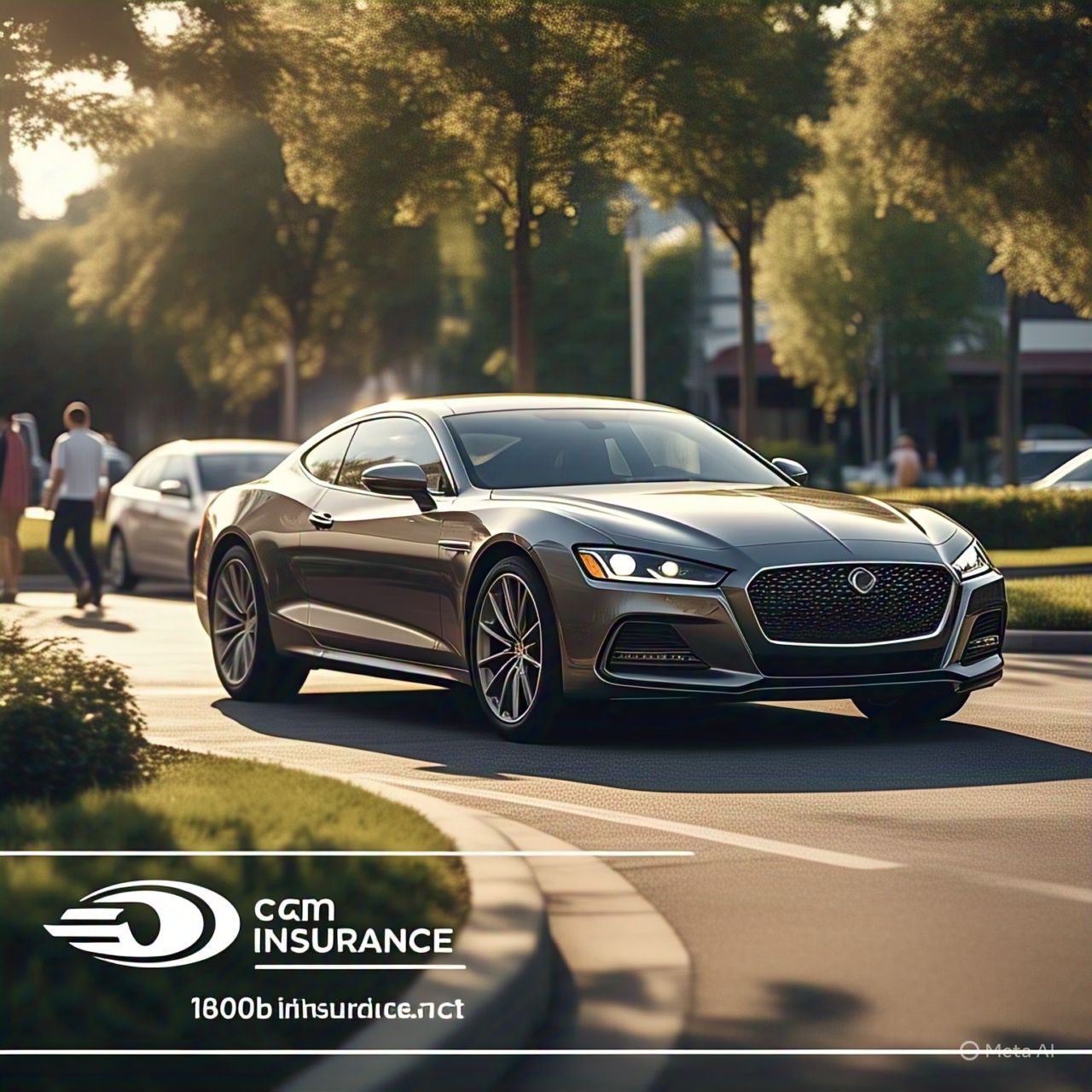
Owning a car comes with responsibilities, and one of the most important is regular maintenance. Skipping routine checks and services might seem like a way to save time and money in the short term, but it often leads to much larger, costlier problems down the road. Preventative care is your best defense against unexpected breakdowns and expensive repair bills.
At CoverMyRideUSA, we're not just about insurance; we care about your overall vehicle well-being. Here are five essential car maintenance tips to help you keep your ride in top shape and prevent costly repairs.
1. Regularly Check and Change Your Oil
Engine oil is the lifeblood of your car. It lubricates moving parts, reduces friction, cools the engine, and helps remove contaminants. Over time, oil breaks down and becomes less effective.
- Why it's crucial: Old or low oil can lead to severe engine damage, potentially requiring a complete engine rebuild or replacement – one of the most expensive repairs.
- What to do: Check your oil level monthly using the dipstick. Follow your vehicle manufacturer's recommendations for oil change intervals (typically every 5,000 to 7,500 miles, but some newer cars can go longer with synthetic oil). Always use the recommended type of oil for your car.
2. Monitor Your Tires (Pressure & Tread)
Your tires are your car's only contact with the road, making their condition vital for safety, performance, and fuel efficiency.
- Why it's crucial: Improperly inflated tires wear out faster, reduce fuel economy, and can lead to dangerous blowouts. Worn-out treads significantly reduce grip, especially in wet or snowy conditions.
- What to do: Check tire pressure at least once a month (including the spare, if you have one) when tires are cold, using a reliable pressure gauge. Inflate to the pressure recommended in your owner's manual or on the sticker in your doorjamb. Regularly inspect tire tread depth (use the penny test or a tread depth gauge) and look for uneven wear, cuts, or bulges. Rotate your tires according to your vehicle's maintenance schedule (usually every 5,000-8,000 miles).
Proper tire care is a simple step that significantly impacts your safety and your wallet.
3. Inspect Fluids Regularly
Besides engine oil, your car relies on several other fluids to operate correctly, including coolant (antifreeze), brake fluid, power steering fluid, transmission fluid, and windshield washer fluid.
- Why it's crucial: Low or contaminated fluids can lead to overheating, brake failure, difficult steering, or transmission damage – all of which can be very expensive to fix.
- What to do: Familiarize yourself with where these fluid reservoirs are under your hood. Check levels regularly (many have translucent reservoirs with min/max lines). If levels are consistently low, it could indicate a leak that needs attention. Follow your owner's manual for fluid change intervals.
4. Replace Air Filters as Needed
Your car has two main air filters: the engine air filter and the cabin air filter.
- Why it's crucial: A clogged engine air filter can reduce fuel efficiency and engine performance, and in extreme cases, cause engine damage. A dirty cabin air filter reduces the effectiveness of your A/C and heating system and can allow pollutants and allergens into the passenger compartment.
- What to do: Check your engine air filter at every oil change, or more often if you drive in dusty conditions. Replace it when it appears dirty (typically every 15,000 to 30,000 miles). Check your cabin air filter annually or as recommended by your manufacturer, and replace when necessary.
5. Pay Attention to Your Brakes
Your braking system is arguably the most important safety feature in your car. Don't ignore warning signs.
- Why it's crucial: Worn-out brake pads, rotors, or low brake fluid can severely compromise your ability to stop, leading to accidents. Delaying brake repairs usually makes them more expensive as damage can spread to other components.
- What to do: Listen for squealing, grinding, or scraping sounds when you brake. Notice if your brake pedal feels spongy, if the car pulls to one side when braking, or if the brake warning light comes on. Have your brakes inspected regularly, especially if you notice any of these signs. Brake pads typically need replacing every 25,000 to 70,000 miles, depending on driving habits and material.
Proactive Care for Peace of Mind
By incorporating these five essential maintenance tips into your routine, you can significantly reduce the likelihood of unexpected breakdowns and costly repairs. Regular maintenance not only keeps your car running safely and efficiently but also helps maintain its value over time. A little attention now can save you a lot of headaches (and money) later.
Is Your Car Properly Insured?
While maintenance keeps your car running, the right insurance protects you from the unexpected. Ensure your coverage matches your needs.
Check Your Insurance Options